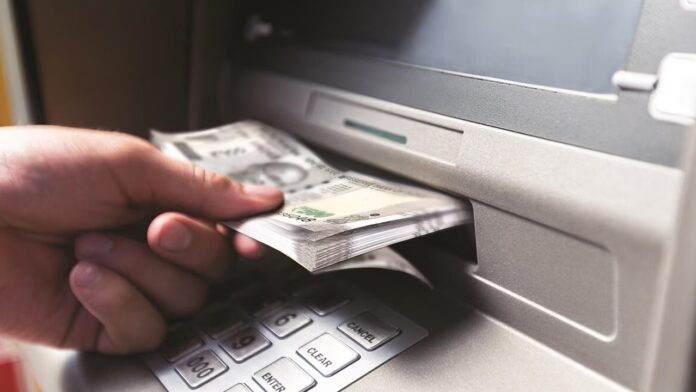These changes will directly affect customers holding salary accounts. The bank has changed several rules including debit card fees, ATM withdrawal limit, check return penalty and cash transaction charges.
There is big news for Yes Bank customers. The private bank has changed the list of charges related to its smart salary account, which will be applicable from October 1, 2025. These changes will directly affect the customers holding salary accounts. The bank has changed many rules including debit card fees, ATM withdrawal limit, check return penalty and cash transaction charges. Let’s know in detail…
To whom will it apply
Let us tell you that these rules will apply to those Yes Bank customers who have different variants of Smart Salary Account. These changes will apply to customers holding Smart Salary account types such as Smart Salary Advantage Account, Smart Salary Exclusive Account, Smart Salary Platinum Account and Smart Salary Platinum Pro Account.
New rules applicable to Smart Salary Account
Charges related to cheques
– Insufficient Funds:
– ₹500 for the first time
– ₹ 750 from the second time
– Cheque return due to technical reasons: ₹50 per time
– Outward cheque return: ₹350 per instance
Standing Instruction (SI) Returns (excluding RD): ₹100 per time
– ECS Return (in case of non-availability of funds):
– First time ₹550
– ₹ 600 from the second time
– Stop payment on cheques (from branch): ₹100 per instruction
– Physical account statement (from branch): ₹100 per request
Cash transaction limit at branch
– Free cash transactions up to ₹1 lakh or 2 times per month from branch (whichever is earlier).
– Thereafter → ₹4.5 charged per ₹1,000 (minimum ₹150).
Non maintenance charge
There are generally no non-maintenance charges on salary accounts.
But if salary of ₹10,000 is not credited in the last 3 months, or average balance (AMB) of ₹10,000 is not maintained in the last month, then the following charges will be levied (based on AMB)-
1. 100% balance full → No charges
2. Up to 75%-100% → charge 5% of the shortfall
3. Up to 50%-75% → charge 7.5% of the shortfall
4. Less than 50% → charge 10% of the shortfall
Maximum charge will be up to ₹750.




